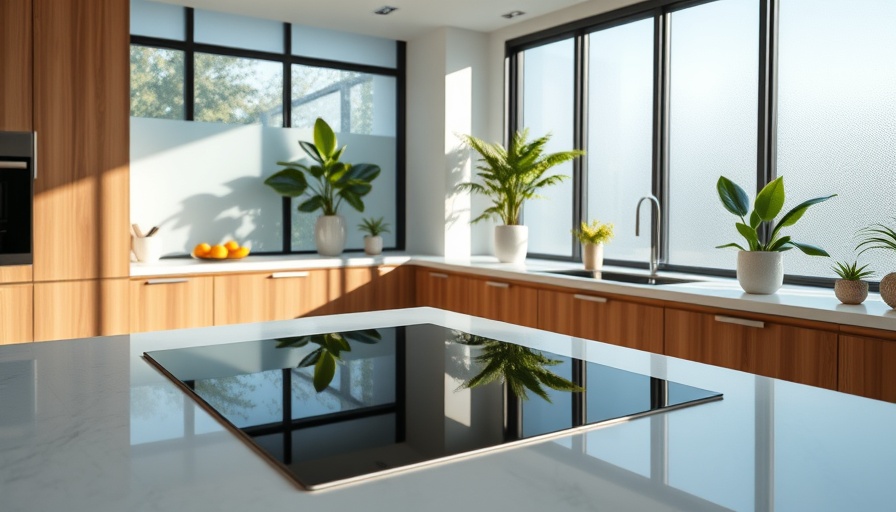
Are You Ready to Make the Switch to Induction?
Induction cooking has become a hot topic among homeowners looking for efficiency and precision in the kitchen. With its rapid heating and energy efficiency, induction hobs offer a modern alternative to traditional gas and electric ranges. However, before you dive headfirst into this culinary revolution, there are key questions you should ask to ensure that induction cooking is the right fit for your home and lifestyle.
1. How Does Induction Cooking Work?
Understanding the technology behind induction cooking is crucial. Unlike traditional methods that heat the entire cooking surface, induction cooktops use electromagnetic energy to directly heat pots and pans. This means that only the cookware gets hot, not the surface itself, which not only enhances cooking efficiency but also improves safety. As a homeowner, it’s essential to familiarize yourself with how these cooktops work, including the need for compatible cookware. Most induction cooktops require flat-bottomed, magnetic pots and pans, which is a shift from the options available with gas or electric stoves.
2. Will My Current Cookware Work with Induction?
This is one of the most critical questions to consider. Induction cooking necessitates a different type of cookware that can have significant financial implications. If you're investing in induction technology, it might require you to invest in new pots and pans, which can add to upfront costs. To check if your current cookware is induction-compatible, a simple magnet test can determine if the base of your pots and pans will work with this cooking method. If you're in the market for new options, look for products specifically labeled as compatible with induction cooking.
3. How Much Does Induction Cooking Cost?
It’s important to assess both immediate and long-term costs. Induction cooktops can be pricier upfront compared to their gas or electric counterparts. However, they often justify their costs over time through energy savings and increased cooking efficiency. Particularly, for homeowners focused on sustainability, the reduced energy consumption associated with induction cooking represents a valuable long-term investment. Additionally, maintaining an induction stove is generally less expensive due to its efficient design and less residual heat, leading to energy savings.
4. What are the Installation Requirements?
Before switching to induction cooking, you'll need to consider the installation requirements. Induction cooktops typically need to be hardwired into your home’s electrical system, especially if they demand higher voltage. This could mean additional installation costs and logistics, particularly if your kitchen isn’t already equipped with the necessary electrical infrastructure. Homeowners should either consult a professional electrician or consider upgrading their kitchen layout if they plan on switching to induction cooking.
5. Is Induction Cooking Safe?
Safety is often a primary concern when it comes to cooking methods. Induction cooktops have a reputation for being safer than gas stoves because there is no open flame, and the cooktop itself remains cooler to the touch. This not only reduces the risk of burns but also minimizes the risk of starting a fire. However, it’s important for homeowners to follow safety guidelines provided with their induction cooktops, including keeping the area free from flammable materials and ensuring the cooktop is not left unattended.
As you contemplate making the switch to induction cooking, it’s essential to address these key questions. Understanding the technology, costs, and requirements involved will help you make an informed decision. Embrace the future of cooking with confidence, knowing you’re equipped with the right information to enhance your culinary experience.
For additional insights and resources on home improvement and renovation, check out ProHomeGuides. Discover more tips that will help you navigate your home projects effectively.
 Add Row
Add Row  Add
Add 




Write A Comment